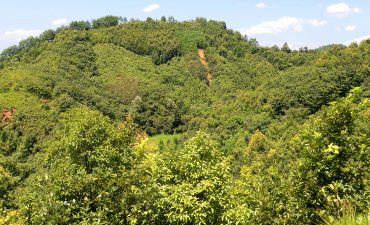Motivation for emergency logging is predominantly economic
Extensive logging in protected forests is increasing worldwide. In Germany and the EU, too, this approach by forest owners (federal, state, municipal or private) is widespread. The so-called „sanitary cuts“ are generally intended to protect forest areas damaged by storms from being infested with the bark beetle. According to the authors, however, this forestry instrument is used far too often.
They evaluated 42 case studies from 26 countries and interviewed local experts about the reasons and responsibilities for sanitation blows. The result: When impacts occur in protected areas, the main motive is to collect money. Pest control, on the other hand, is of secondary importance. However, since emergency logging is harmful to the ecological balance of forests, the authors recommend, among other things, that sanitation cuts in protected forests should be avoided as a matter of principle – as long as there are no significant risks for people or private property.
Comment
Sanitary cuts can be useful in unprotected forest areas, where wood production is in the foreground in order to ensure that wood is still used properly. They are not the same for the diversity of species and structures in the forest as well as for its regenerative capacity. Especially disturbances such as storms and bark beetle infestations create valuable forest habitats for endangered species in protected and unprotected areas. The authors‘ recommendations following forest planning that addresses such disturbances are therefore useful. Integrated analyses are also required, which take into account not only economic concerns but also ecological consequences. The forestry offices, ministries and environmental associations must therefore jointly invest in education and communication so that natural disturbances in the forest are not just seen as a disaster. Without natural disruptions and their natural consequences, biodiversity will dwindle and forest ecosystems will counteract collapse.
Note: One of the authors, Prof. Dr. Jörg Müller, is also a member of the scientific advisory board of the Naturwald Akademie.
Source
Müller J, Noss RF, Thorn S, Bassler C, Leverkus AB, Lindenmayer D. Increasing disturbance demands new policies to conserve intact forest. Conserv Lett. 2018;e12449.


